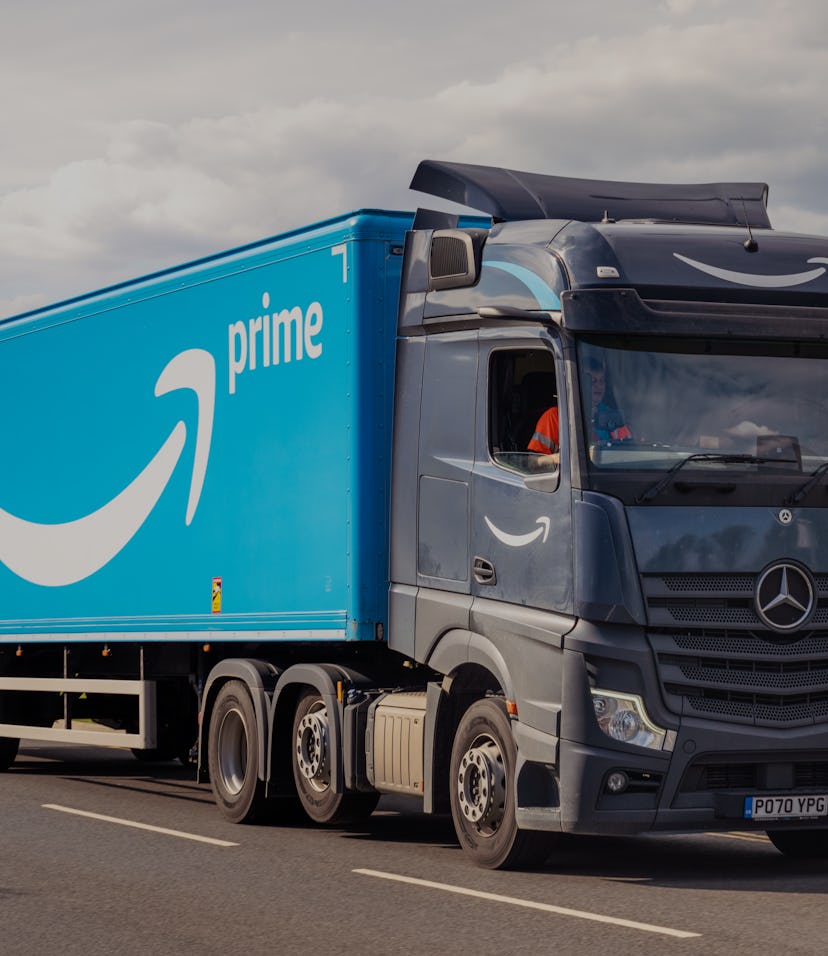Amazon
Amazon will pay customers up to $1,000 if a purchase results in injury
Starting in September, Amazon will offer compensation even for injuries sustained as a result of defective third-party products.

Amazon today announced it has expanded its A-Z guarantee, which is meant to protect customers from property damage or personal injury suffered as a result of defective products. Whether or not you received the product in question from a third-party seller is irrelevant, as the tech behemoth plans on sending out direct payments to customers for claims under $1,000 (a figure the company says accounts for more than 80 percent of cases).
This extension of the A-Z guarantee is being implemented to streamline the process of property damage / personal injury claims. If a claim is found to be valid, the company will resolve and pay for any damages under the aforementioned $1,000 amount in addition to presenting the case to sellers.
Amazon does not intend on seeking reimbursement from sellers “who abide by our policies and hold valid insurance.” The ultimate goal according to Amazon is to save time, money, and effort for both customers and sellers. Really, this is a classic Amazon move: It makes so much money, paying to resolve issues like this is easier and better for customer retention than quibbling.
Thorough vetting — Now for anyone thinking this could be the next great heist, you might want to re-evaluate this plan. Amazon will vet each claim through a combination of fraud detection systems and external insurance fraud experts. By taking on the responsibility of claims cop, Amazon notes it is trying to save sellers from having to investigate claims on their own.
In addition to the rollout of this new policy, Amazon says it’s worked with a single insurance broker to create Amazon Insurance Accelerator: a network of insurance providers who can offer liability insurance at competitive rates to those who qualify.
Will it become obligatory? — This prompts the question: Will Amazon have affiliate disclaimers for this program? Because it makes sense that it would make some sort of commission from participants? Also, will this become another way Amazon forces sellers deeper into its ecosystem like it’s done with its own fulfillment services, which are often cheaper for sellers than alternatives, but which Amazon has been accused of using to inform which of its own, competitor products to launch?
For now, at least, sellers do have the option to continue using their own qualified insurance providers.
As the new A-Z guarantee expansion gets underway, the investment is meant to build on continued investment towards streamlining the Amazon experience. We’d prefer it if the multinational firm attempted to make its quota for prime delivery drivers humane before anything else or, you know, offer customers a bit more than $10 for a scan of their palms. But then, those aren’t aligned with Amazon’s core goal: making as much money as possible.